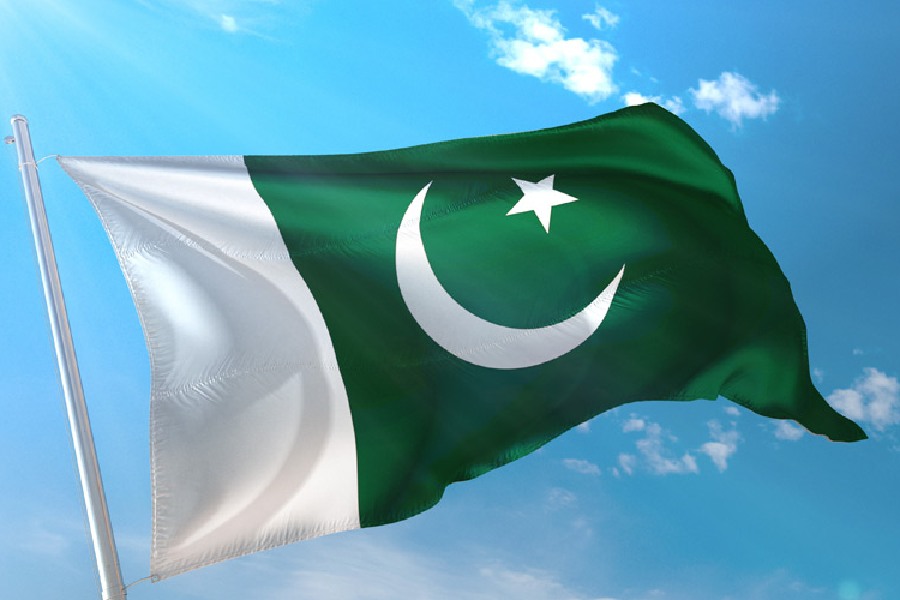In a major policy shift, Pakistan has decided not to support the Afghan Taliban’s case at the international level or extend any other assistance following Kabul's failure to neutralise the banned Tehreek-e-Taliban Pakistan (TTP) terror group, according to a media report on Thursday.
At the same time, Islamabad will no longer extend any “special privileges” to the interim Afghan Taliban government in a move that suggests a deterioration in relations between the two neighbours, The Express Tribune newspaper reported.
The TTP, which has ideological linkages with the Afghan Taliban and is also known as the Pakistan Taliban, was set up as an umbrella group of several militant outfits in 2007.
Its main aim is to impose its strict brand of Islam across Pakistan. Pakistan had hoped that the Afghan Taliban after coming to power would stop the use of their soil against Pakistan by expelling the TTP operatives, but they have apparently refused to do so at the cost of straining ties with Islamabad.
The Express Tribune newspaper reported that the immediate implication of Pakistan’s apparent shift in its policy is that the chances of the Afghan Taliban government getting international recognition have become far slimmer than ever.
Official sources told the newspaper on Wednesday that Pakistan’s goodwill gestures and assistance extended to the Afghan Taliban government after its return to power in August 2021 were taken for granted.
After the Taliban’s return to power, Pakistan emerged as its main backer and advocate, urging the international community and stakeholders particularly the Western countries to stay engaged with the new rulers in Kabul.
Pakistan’s policy of acting as the Afghan interim government’s spokesperson often drew strong criticism both from within and outside the country. However, officials at that time defended the approach, insisting that the Afghan Taliban were a reality and had no other option but to work with them.
Islamabad made efforts with other regional players to ensure that sanctions against the Afghan Taliban government were lifted and Kabul should have access to the funds frozen by the US soon after the fall of Kabul in August 2021.
Also, Pakistan in order to facilitate the Afghan interim government, gave many incentives to Afghanistan in terms of trade and other facilities. But now, the sources said, Pakistan would no longer extend any special favours to the Afghan Taliban government as they were harbouring “our enemies”.
“They were given a choice but it seems that they have opted for the TTP over Pakistan,” according to a reliable source, referring to a message delivered by a high-level Pakistani delegation, including the then defence minister and the Inter-Services Intelligence (ISI) director general, to Kabul in February.
The Afghan Taliban government, however, insisted again on Wednesday that the country’s soil was not being used by militants to stage attacks on other countries, and said that Pakistan’s security problems were a domestic affair.
On claims of the caretaker prime minister of Pakistan, "We would like to say that the way the Islamic Emirate wants peace and stability in Afghanistan, it wants peace in Pakistan as well,” said spokesman Zabihullah Mujahid, using the Taliban’s formal name for Afghanistan.
“The Islamic Emirate of Afghanistan is not responsible for maintaining peace in Pakistan. They should solve their own domestic problems on their own and not blame Afghanistan for their failures,” Mujahid said.
However, Pakistan seems to be fed up with the visible double-speak on the part of Kabul and made a strategic decision that was long overdue to stop the spillover of the Afghan militant-Islamic narrative across the border.
Except for the headline, this story has not been edited by The Telegraph Online staff and has been published from a syndicated feed.











